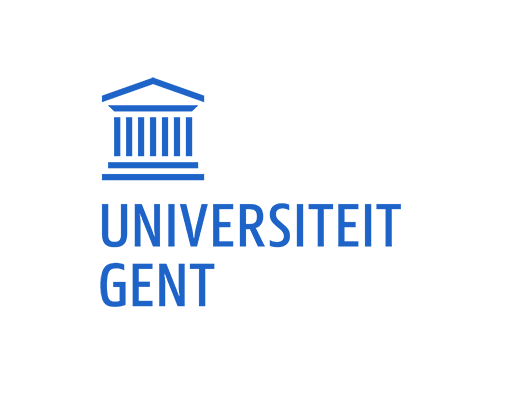Research Project
Science education for action and engagement towards sustainability - SEAS
Running from 2019 to 2022.
Funded by European Commission - Horizon 2020 - Science with and for Society.
The main objective of the project Science Education for Action and Engagement Towards Sustainability (SEAS) is to establish, coordinate and evaluate collaboration among six open schooling networks led by universities and science centres with partners in Austria, Belgium, Estonia, Italy, Norway, Sweden, and the UK. Open schooling connects teaching and learning in schools to practices, concerns and engagement outside the school, in families and communities. As part of these open schooling networks, and drawing on principles of inquiry-based science learning for transformative engagement, students are given the opportunity to engage in addressing real-life, complex sustainability challenges that are identified and dealt with together with participants and stakeholders in the local community.
Read more about SEAS on the project website.

Belgian open schooling network
Within SEAS, Ghent University coordinates an open schooling network that engages with the topic of sustainable cities and communities (Sustainable Development Goal 11). In our densely populated region, issues such as affordable and sustainable housing, safe and sustainable transportation, sustainable urbanisation and spatial planning, air quality, waste management, green public spaces, sustainable food production and consumption, etc. are hot topics. We support schools and environmental education (EE) centres to collaborate with local stakeholders to utilise local sustainability challenges as fruitful learning environments for fostering scientific literacy for sustainability citizenship. We focus in particular on a tool for collaborative planning of open schooling practices starting from locally relevant sustainability challenges, LORET – Locally Relevant Teaching. We collaborate with the government of Flanders (Eco-schools programme MOS) and an environmental education centre in Limburg to support pilot schools in working with LORET. The teachers identify and select locally relevant challenges to make their city and community more sustainable, connect them to the curriculum (learning objectives for diverse subjects as well as cross-curricular objectives) and co-create teaching and learning activities (lesson plans). Based on these pilots, SEAS’ tools and methods are further tailored and fine-tuned in view of a broad, efficient dissemination in Belgium and internationally.
We analyse the pilot projects in view of identifying challenges and opportunities related to establishing and implementing open schooling partnerships, to action and engagement for sustainability, and to teaching and learning scientific literacy. A report on our findings will be published in Spring 2022. Some preliminary results have been presented at the ECER conference in September 2021.
In the remainder of the project's duration, the focus will be on initiatives to facilitate the up-scaling of LORET-based open schooling in (Flemish) schools.
The SEAS brochure is available for download here.
Sign up for the SEAS newsletter.




